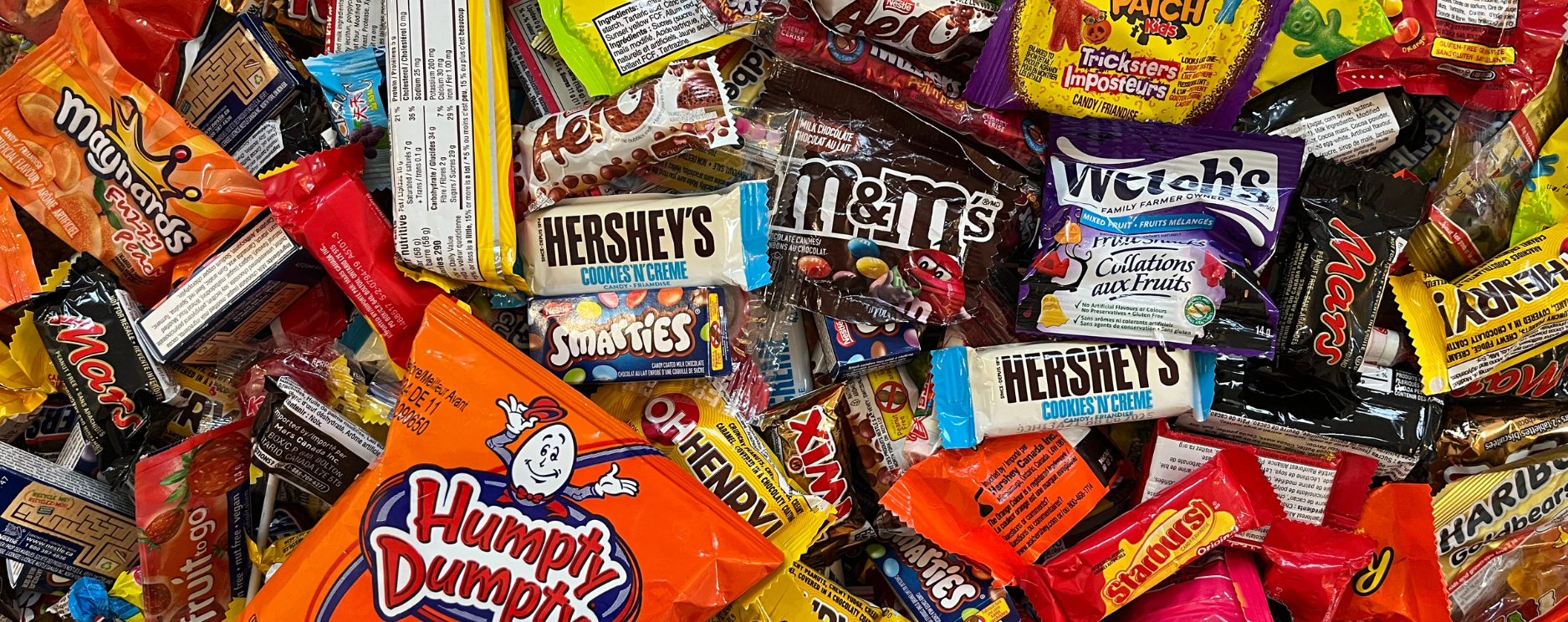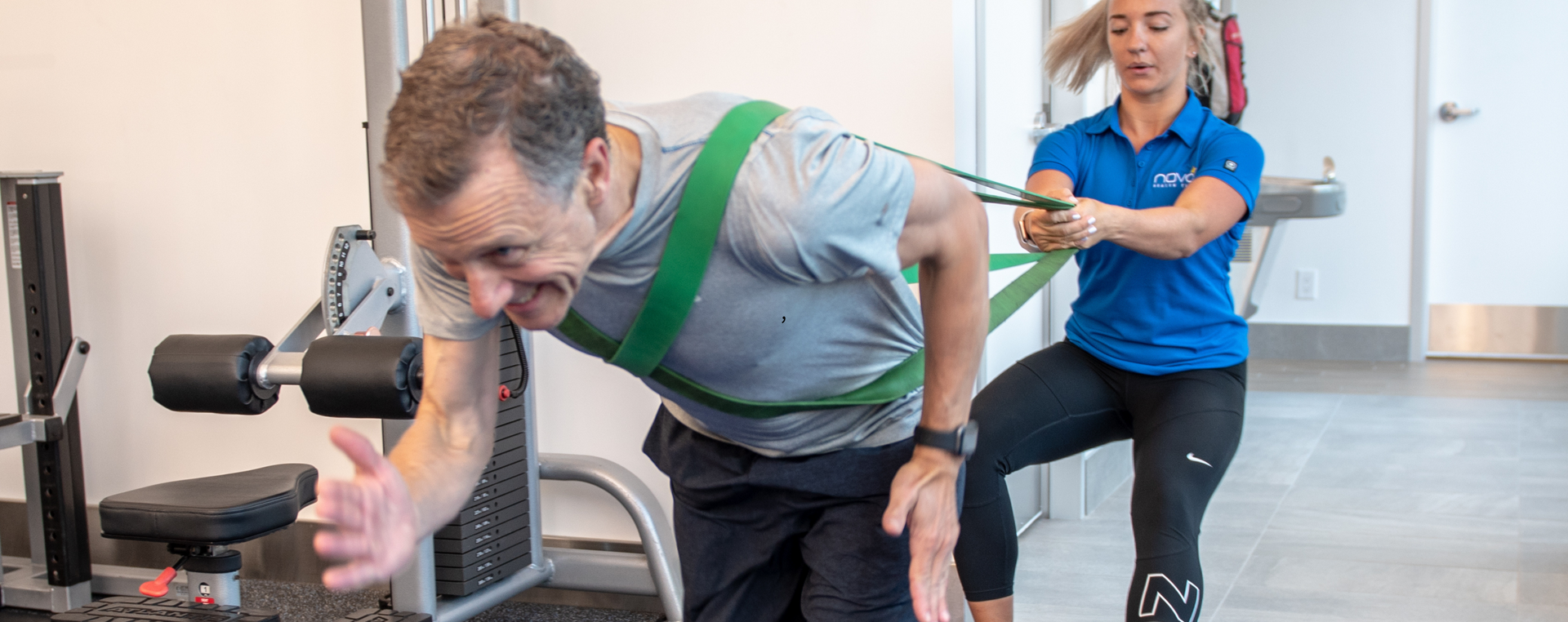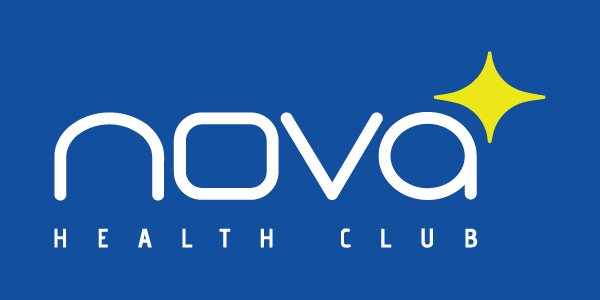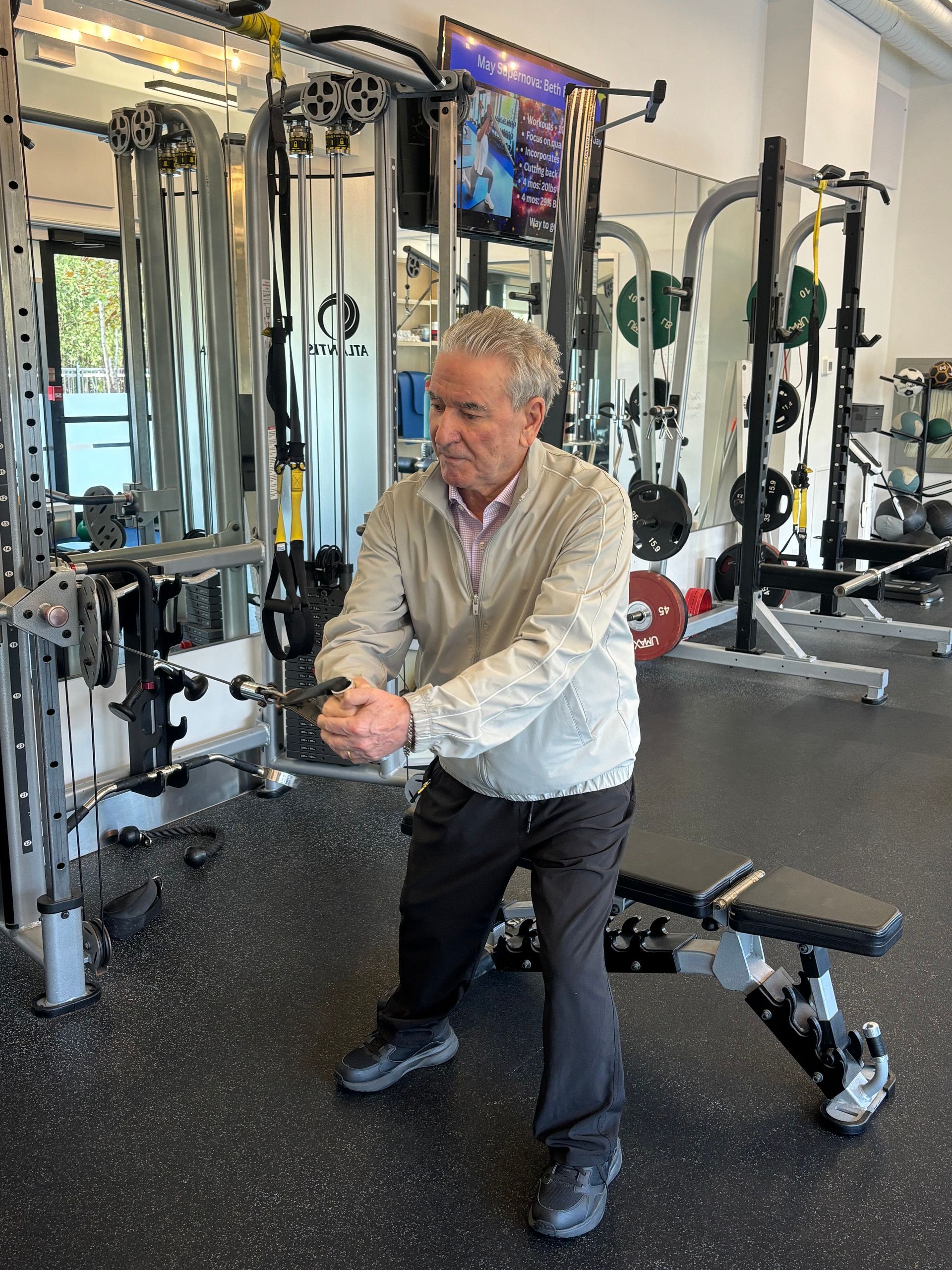The Relationship Between Stress & Workouts
Stress is a word that gets tossed around a lot but most people do not understand what stress is and how it works in the body. People think of stress as being a negative outcome from a situation but this is not entirely true. In actuality, stress can be good or bad. In this article we will explore what stress actually is and how it relates to physical exertion whether through sport or working out.
What is Stress?
Stress is anything that challenges the body’s normal function and takes it out of homeostasis. Any kind of change that puts physical, mental, or psychological strain on a person is defined as stress. Stress therefore could be anything from an unpleasant argument with someone to even an intense workout that you enjoy. In both of these situations, your body reacts to the stress and goes into ‘fight or flight’.
‘Fight or flight’ is a physiological reaction that occurs in response to a perceived harmful event, attack, or threat to survival (stress). Any animal (yes humans too), when faced with such an event will experience stress and the ‘fight or flight’ response. The instinctual 'fight or flight' response is deeply ingrained in our genetic makeup and remains active even in our contemporary lifestyles. Whether we find ourselves being pursued, pressed for time, engaged in physical exercise, or sitting at a desk striving to meet a deadline, this primal response is always at play.
Under these conditions our brain sends signals to the body that it needs to work harder to overcome the ‘stress’. It does this by releasing a variety of chemicals and hormones, one of which is cortisol. Cortisol is important because it gives us the extra energy boost and focus that we need to help fight off stress by raising our metabolism, increasing blood sugar levels and speeding up the conversion of fat and protein into energy. Cortisol is one of the reasons why when you are feeling stressed you may notice that your heart rate is elevated, your body temperature goes up, and you perspire more. This entire mechanism helps us be more alert with greater energy in order to get through the stressful stimulus.
Stress is Good
Knowing the above, we can agree that our stress response is a good thing that helps us overcome a challenge. It helps us survive to live another day. Stress can be a stimulus that we can adapt to that can allow us to grow and become better people. Take for example, the challenge of a new job or working out. A new job creates stress that increases our focus and provides us energy to learn the new skills that we can then apply to better ourselves in our career. This could mean becoming smarter in a particular subject or becoming more efficient at a task - all of which are likely to move you towards your goals.
Similarly, through engaging in weightlifting, the act of subjecting the muscles to intense challenge provides a stimulus that prompts the body to respond by gaining strength. This process can result in the development of larger, more aesthetically pleasing muscles that are not only proficient in metabolic functions but better at performing precise motor tasks.
In both of these instances, the 'fight or flight' response is turned on, accompanied by the release of cortisol all which help us grow and become better.
When Stress Becomes Bad
Stress becomes a problem when we are under too much of it for too long. For a significant portion of us in modern life, stress is excessively high. Often it is not even from things that are deemed as negative stressors like arguments, traffic jams or tight project deadlines but rather too many positive stressors from the non-stop buzz of modern living. Remember that positive stressors like a good workout have the same effect on our physiology as a negative stressor and when we are faced with too many of them, we fail to adapt and end up sacrificing our health.
Often we are not aware of how these ‘positive’ stressors are having a negative impact on our health because they may feel and appear to be productive. If you are an individual who finds satisfaction in thriving under pressure, embraces multitasking, and maintains a constant, fast-paced lifestyle, it is likely that despite your remarkable achievements, your body is experiencing stress. This heightened state of stress increases the risk of encountering injuries or illnesses, which may be imminent or already manifested.
Whether you are experiencing a ‘bad’ stress or a ‘good’ stress your body releases cortisol to help with ‘fight or flight. Any chronic stress whether good or bad keeps cortisol levels too high which is not good for your health.
Stress & Working Out
As mentioned, working out is a ‘good’ stress… BUT if your body and mind are under chronic stress outside of the gym, then your high intensity workouts are likely to become ‘bad’ stress. Engaging in intense workouts at the gym might give you the impression of doing something beneficial, however, the chances are high that you aren't fully recovering from those workouts to reap their benefits. This insufficient recovery is often caused by chronic stressors that keep your body in a constant 'fight or flight' response. Ideally, our stress response should be used for acute stressors only so that we can adapt to them by becoming stronger and more resilient. Our stress response should therefore be temporary and not be engaged all day every day for months or years on end.
As a personal trainer for more than 20 years I have seen many clients who want to workout out hard at the same time push the limit in all aspects of their life with little regard to rest and recovery. Or in other words, be in a state of chronic stress. These clients often deal with injuries and fail to get stronger or reach their fitness and sport performance goals. It is no wonder why because when we take a closer look at their lifestyle it is easy to spot some big factors including:
- Poor quality of sleep. Either wanting to get more accomplished in a day or by having poor relaxation habits like staying up too late watching TV or drinking alcohol before bed. A lack of sleep is a major stressor on the body.
- Poor nutrition habits: Skipping meals, eating inflammatory foods, not chewing properly, eating on the go, dehydration and alcohol are all stressors on the body. Busy people often subscribe to these habits in order to accomplish more.
- Over achiever mindset: Always taking on more or not being able to say no often is the culprit behind living with poor nutrition and sleep habits.
When the body is under chronic stress (good or bad) and we add intense exercise without adequate rest and recovery we are compounding stress and pushing ourselves closer to injury and or illness.
If you live a stressful life, exercise is one of the BEST things you can do for yourself and your health but it must be done strategically with respect to your stress levels and your ability to adapt and recover. When working out, there are times to push and times to go easy that should be congruent with your life outside of the gym. Hiring a good personal trainer and cultivating your own sense of intuition is essential to getting the most out of your workouts when you live a life of high stress.
Adjusting Workout Intensity Based on Stress Levels
Unfortunately, reaching high performance fitness goals is an elusive concept for busy people due to the poor recovery habits resulting from high stress. Changing your mindset and lifestyle to manage stress takes time so until you are able to do this, implementing these ideas is essential to getting the most out of your workouts:
- Only in extreme cases should you skip a workout based on low energy. For all other times, complete your workout but at a modified intensity that fits how you feel.
- Engaging in workouts at a lower intensity is perfectly acceptable as it still yields benefits for your physical and mental well-being. Focus on low intensity cardio, lighter weights and more mobility training.
- Avoid working out as hard as you can if you can not give attention to your nutrition and sleep. (Note that some people may be able to workout harder than others under the same high stress load. Everyone is different).
- The younger you are the more likely you can get away with high stress and low recovery. But this is limited and will eventually lead to stifled progress and or injury.
- The best workout is not a hard workout but a smart workout that is fit for you. Pay attention to your stress and energy levels while you workout. It’s ok to say ‘I’m not feeling it’ during your workout and to then bring the intensity down or finish with stretching.
- Most people with good sleep habits can manage a hard workout after one night of poor sleep. However, if you are have many nights of poor sleep, and are under high stress, avoid hard workouts as it will only create more stress that you will not be able to recover from.
- Any workout that is of moderate to high intensity is not over until the post workout meal has been consumed. Never skip this as it is imperative to helping you recover from the bout of stress caused by the workout. Use a post workout shake to support recovery if you can not pause to eat a meal.
- Take magnesium immediately post workout. Magnesium is an essential mineral that we must get through food and supplementation. It is used for more than 300 reactions in the body. Under stress, our bodies burn through magnesium at a higher rate.
- If you workout with a personal trainer, communicate with them before the workout how you feel, how you slept and how your nutrition was leading into the session. When asked "how are you?" don’t just say "good", say how you really feel. Your personal trainer wants you to reach your goals and they know that pushing through a hard workout when your body is under stress is not the way.
No matter how stressful of a life you live, maintaining an exercise routine is imperative to becoming more stress resilient and maintaining optimal health. As long as you adjust the intensity and volume, it will help you cope with stressors outside of workouts better.
Sometimes our lives are in a place where the stress we experience is beyond our control. At these times, it is important to manage how you respond and recover from stress the best you can. To learn more about how to become more resilient to stress click
here.











